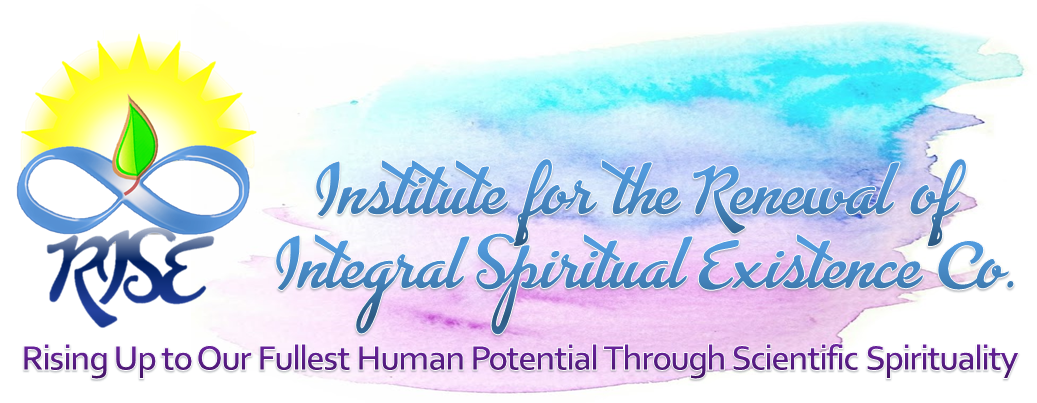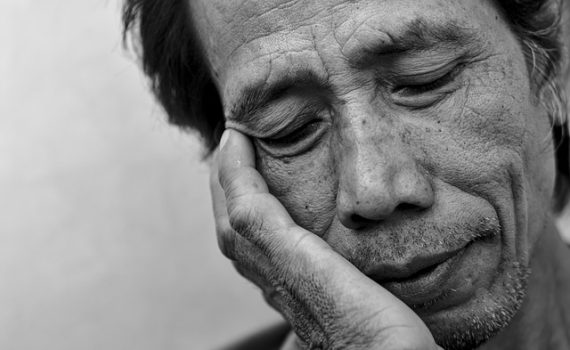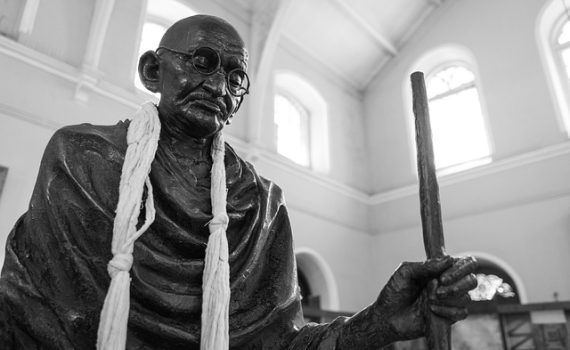The article challenges the common advice of replacing bad habits with new ones, advocating instead for a technique called “progressive extremism” to break unwanted behaviors. This method involves gradually eliminating specific, easily dispensable items or habits from one’s life, marking the change from a temporary “can’t” to a permanent “don’t,” […]
Self Transformation and Lemniscate
When preparing for a significant event, such as a competition or performance, it’s common to experience heightened mental alertness and physiological changes due to activating hormones, hence making it difficult to sleep. Acknowledging these responses as adaptive can help reduce stress. Practicing gratitude towards the body’s efforts can be beneficial. […]
This article explores how a sense of meaning in life can act as a buffer against anxiety, particularly in today’s world where traditional sources of meaning—like close relationships, community, work, and spiritual connections—are increasingly threatened. It draws from existential psychology to offer guidance on cultivating meaning, emphasizing the importance of […]
The article delves into the concept of the human energy field, or aura, as an electromagnetic layer reflecting well-being and composed of seven layers connected to chakras, influencing health and relationships. It emphasizes practices like meditation and mindfulness to attune to our energy, identify imbalances, and enhance spiritual well-being. Negative […]
In an age of increasing isolation and reliance on technology, we seem to have lost the ability to grapple with life’s fundamental questions, clinging instead to inadequate formulas promising security and predictability. However, facing challenges like loss and trauma reveals the flaws in these formulas, necessitating a new initiation into […]
The article “Multipolar Traps: Why Good Intentions Aren’t Enough for Systemic Change” explores the concept of multipolar traps, where individual actors, despite recognizing harmful outcomes, are compelled to engage in detrimental behaviors due to competitive pressures and systemic incentives. It argues that merely having good intentions is insufficient for enacting […]
The article discusses the potential of collective meditation, specifically Transcendental Meditation (TM), as a powerful tool for conflict resolution and societal improvement. Dr. Tony Nader outlines evidence from various studies showing that large groups practicing TM can significantly reduce violence and improve quality of life in their surroundings, citing successful […]
The article discusses the importance of self-love and integration of the self in overcoming chronic anxiety and inner turmoil, which the author attributes to a societal trend of self-hatred exacerbated by cultural and religious teachings. It references Michael Leunig’s artwork “Heartscape” to illustrate the concept of internal warfare that many […]
The article explores ten critical moments when it is advisable to trust your intuition, highlighting the psychological insights behind gut feelings. It suggests that intuition can be particularly valuable when making difficult decisions, sensing danger, meeting new people, feeling off-balance, interpreting dreams, dealing with loss, recognizing when it’s time to […]
The article below discusses the significant impact of awe on mental and physical well-being, emphasizing its role as a vital emotional experience that can enhance happiness, kindness, and social connections. Citing neuroscience research, it highlights how awe—defined by psychologist Dacher Keltner as a reaction to vast and mysterious phenomena—acts like […]
The article discusses a “crisis of imagination” in contemporary society, where many individuals accept existing systems—government, politics, and economics—as the best possible solutions to global challenges, despite their evident flaws. It argues that this mindset stifles creativity and prevents exploration of alternative social designs. The author highlights the influence of […]
The article from Aeon discusses the historical context and implications of the Varna system in India, mainly through the lens of Mahatma Gandhi’s vision for empowering workers. It critiques the rigid caste hierarchies that have traditionally defined social roles and argues for a reinterpretation of the Varna system that emphasizes […]












